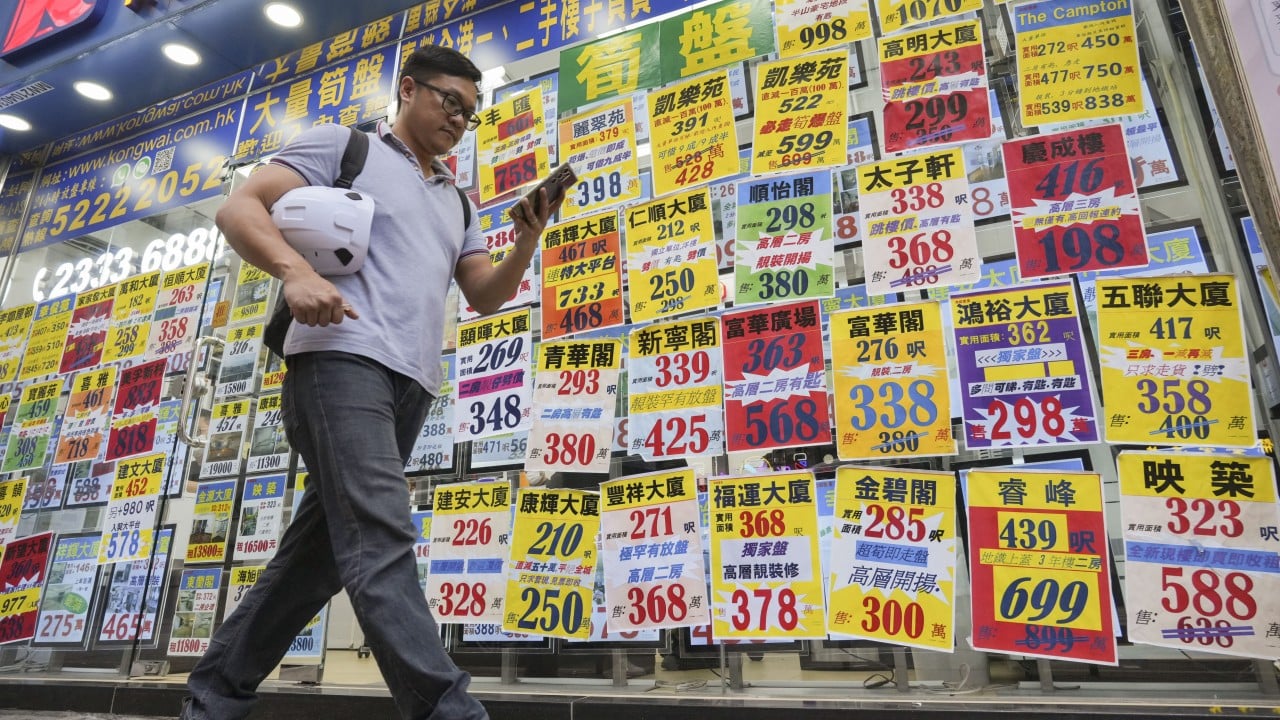Hong Kong’s lived-in home prices fell in January to their lowest point in more than eight years, though some analysts expressed optimism that they would bottom out in the first half of the year due to an improvement in the stock market and a reduction in supply.
Advertisement
Prices on the secondary market declined 0.45 per cent in January as a closely watched gauge edged down to 287.6 from 288.9, following a 0.65 per cent drop in December, wiping out gains from October and November, according to data published by the Rating and Valuation Department on Friday. Prices weakened 7.13 per cent in 2024, following a 15 per cent drop in 2023 and a 7 per cent loss in 2022. At present, the index stands at a level not seen since August 2016.
“As January was still the low season due to the [Lunar New Year] holiday, there was not much fluctuation in terms of property prices,” said Eddie Kwok, executive director of valuation and advisory services at CBRE Hong Kong.
As developers resumed putting new residential projects on the market and selling existing inventories, prices could come under pressure, Kwok said.
In September, the US Federal Reserve kicked off a global rate-cutting cycle, though economists have become more cautious about the scope and speed of easing this year, clouding prospects for the property market. Despite that uncertainty, some analysts said they expect a recovery for the Hong Kong property sector this year, thanks to an improved performance from the city’s stock market and a quicker reduction of existing inventory.
Advertisement
Kwok said Beijing’s efforts to support the mainland economy had also given a lift to equities in Hong Kong.
“The Hang Seng Index is highly correlated with residential prices with two to three months of a time lag,” Kwok said. “If it remains at its current level or continues to increase, we expect residential prices for the secondary market to stabilise and potentially pick up going forward.”

